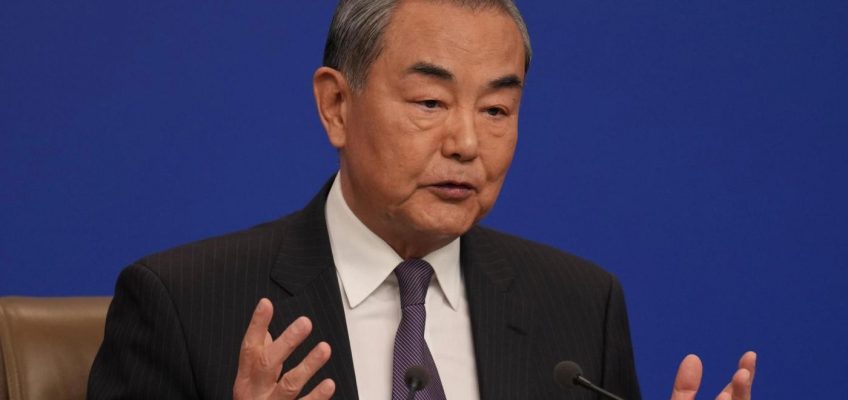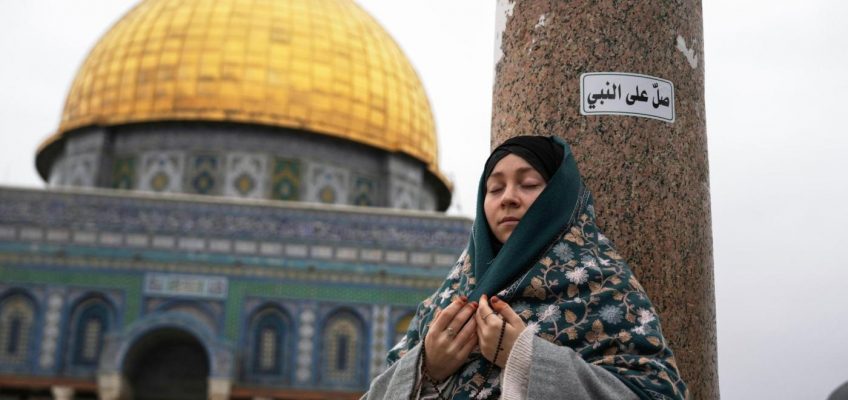In the Southern Africa, you’ll find a couple of slot basics that can frequently pop music upwards at no cost spins on-line casino bonuses. While the a preexisting pro your’ll often find also offers such everyday totally free revolves, for which you put a flat count in the month and you will unlock a certain quantity of revolves. Or you can function as very first to try the fresh online casino games, the place you rating a few 100 percent free spins to experience to the a the fresh slot online game discharge.
Elvis Frog inside Las vegas is among BGaming’s greatest harbors which is a worthy introduction to the list. Within the 2023, an attic Casino player acquired a good 2500x award, the highest possible victory from the games. Called immediately after Elvis Presley, Elvis Frog in the Las vegas have an excellent 96percent RTP, medium-large difference, and you can 25 winning means. Apart from that it, you can victory mini, big, and you may mega progressive jackpots.
Payment Possibilities – cuatro.7/5
Both the new and you can seasonal professionals is also secure Bally Bucks and you can replace him or her to own extra money. The online game variety https://bigbadwolf-slot.com/casimba-casino/no-deposit-bonus/ try massive – professionals will find many techniques from antique step three-reel ports so you can up-to-go out multiple-reel three dimensional slots. Table video game options is good, with usual options for example blackjack, roulette, baccarat, and you will electronic poker.
Betfred – to R5000, 500 Free Revolves
Sure, players have to enter the NDB50FS incentive password to interact the bonus totally free revolves. There are even popular online position video game for example Super Moolah you to provides a go property value 0.25. With over 600 online game to explore and simple percentage options for example Google Spend and you can Interac, Jackpot Area can make gambling simple and easy available for all professionals. Totally free spins and you may added bonus spins is actually one another a kind of a package supplied by a gambling establishment.
While the bonus render expires, people will be unable in order to redeem they.
Ensure that the percentage system is invited for the extra in order to end issues whenever withdrawing your money later on.
The brand new slots you could enjoy are very different depending on the bonus, while the for each and every local casino features another set of eligible video game.
The newest no deposit free revolves (which never ever want real cash deposit) also offers are very well-known one of people who like ports game.
If you value cards, blackjack is among the best because it means online play better.
So far, players go into the information on a valid debit card, which are up coming looked and confirmed since the a protection look at, but stress maybe not, zero financing is actually moved. The newest view is just to ensure the gamer’s name and make certain the new subscription is genuine. Starburst, Gonzo’s Journey, and you may Publication of Inactive is well-known slot headings that always qualify to your incentive. It tend to be fun anime looks, movie-centered, horror, activities, wonders, and appreciate layouts, and others. Yes, you might withdraw as much as €fifty inside the a real income immediately after fulfilling the advantage wagering needs. You are able to earn most currency, as well as other rewarding awards and you may perks, by simply making use of your free revolves.
So it High 5 Gambling establishment no deposit added bonus works such as totally free revolves; you can use it to play online slots. Which differs from totally free revolves promotions, where you’ll have to create in initial deposit to help you claim the newest stated 100 percent free revolves. Longtime online casino players are likely well aware out of Highest 5 Casino as well as expert character. It’s been with us for more than ten years and you may includes more than just 25 million people within the country. Perhaps a knowledgeable ability out of High 5 Gambling establishment are their substantial video game collection. With well over step 1,200 headings available, it’s one of the greatest and most total online sweeps casinos already doing work.
Sure, the attractive Highest 5 Local casino no-deposit bonus is actually for freshly inserted people just. As the a person, you might register and possess all in all, 5 Totally free SCs, 250 GCs, and you can 600 Expensive diamonds. In order to be eligible for a detachment, you’ll you need a minimum of 100 Sc on the equilibrium.
Certain casinos on the internet could possibly get request you to see betting criteria or give verification files prior to a deposit or cashing aside. The brand new Malta-authorized on-line casino joined the newest iGaming world inside 2001 and you can rapidly became a popular certainly one of Canadian participants. Because the a member, you’ll be entitled to a worthwhile acceptance added bonus with a good slew from lingering offers. Your website machines numerous slots, jackpots, desk game, and you will alive specialist headings of world-top app developers, and Microgaming and Development. You can better your account using credible commission steps (Charge, Credit card, Interac, iDebit, Flexepin, MuchBetter, ecoPayz, an such like.). The brand new withdrawing techniques is pretty equivalent and won’t take more time than simply a day.
The fresh ID confirmation techniques is quite short and you can, after done, redemptions will be initiated. High 5 is recognized for that have very responsive customer care, nevertheless 24/7 real time chat is not immediately and requirements filling aside an email demand. Reaction moments can differ out of close immediate in order to within 24 hours, based on numerous points.



